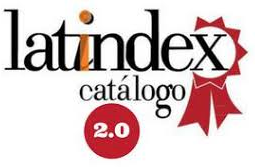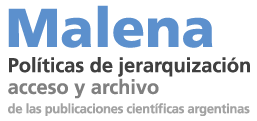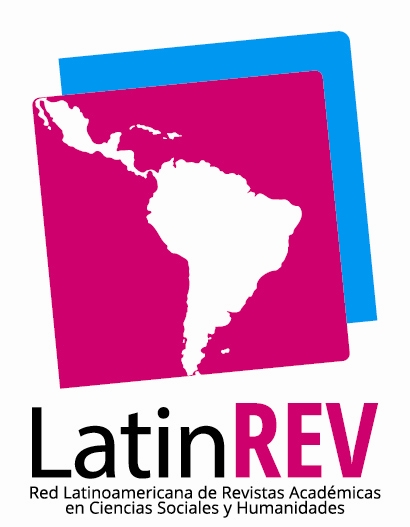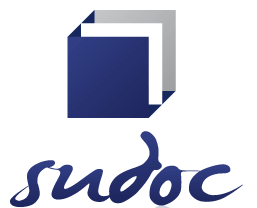The teaching practice in the context of teaching reading comprehension in English as a foreign language from the perspective of the complex model
Keywords:
teaching practice, reading comprehension, foreign language, academic texts, Complex ModelAbstract
This paper is the result of the analysis of my own practice as a member of the teaching team that is in charge of the “English for Specific Purposes” courses at the Education, Psychology and Phonoaudiology degree programs, at the National University of San Luis, Argentina. The aim of this work is to reflect upon the teaching practice from the perspective of the complex model proposed by Guyot (2011), in which different disciplines converge by contributing their concepts in order to identify problems and to help in the search for solutions through the transformation of the practice. At the core of the Complex Model, the teacher, the student and knowledge interact in the classroom microspace, which is embedded in broader spaces –the educational institution, the educational system and the social system–by which the practice is not only organized and regulated but also conditioned. The effects of the interactions in this network of subjections and interdependences are looked into under the light of different epistemological stances and subjectivity theories. These two analytical approaches are organized around three axes that complete the model: the time axis in its two dimensions, the historical situation and daily life; the theory-practice relation axis; and the knowledge-power relation axis. Examining the educational practice under the magnifying glass of the complexity paradigm enables us to see with clarity and self-criticismthe subjectivity formation process in students, who will reproduce what they have lived and learned in their own research, teaching and professional practices.
Downloads
References
Bachelard, Gastón (1973). Epistemología. Barcelona: Editorial Anagrama.
Bauman, Zygmunt (1999). “The Self in a Consumer Society” en The Hedgehog Review, 35-40. Recuperado de <http://www.iasc-culture.org/HHR_Archives/Identity/1.1FBauman.pdf>.(/01/06/2019).
Carlino, Paula (2003). “Alfabetización académica: Un Cambio necesario, algunas alternativas posibles” en Educere Investigación, Vol.6, N°20, 409-420.
Chevallard, Yves (1997). La transposición didáctica. Del saber sabio al saber enseñado. Buenos Aires: Editorial Aiqué.
Deleuze, Gilles (1990). ¿Qué es un dispositivo? En Michel Foucault filósofo. Barcelona: Gedisa editorial.
Foucault, Michel (1990). Un diálogo sobre el poder y otras conversaciones. Buenos Aires: Alianza.
Foucault, Michel (1992). Hermenéutica del sujeto. Madrid: Ediciones La Piqueta.
Guyot, Violeta (2011). Las prácticas del conocimiento. Un abordaje epistemológico. Educación-Investigación-Subjetividad. Buenos Aires: Lugar Editorial.
Guyot, Violeta;Fiezzi, Nora y Vitarelli, Marcelo(1995). “La Práctica Docente y la realidad del aula. Un enfoque epistemológico” en Enfoques Pedagógicos, Vol.3, N.°2, Subdirección de Educación de CAFAM, Bogotá, 21-35.
Klett, Estela (2009).Construyendo la didáctica de lenguas extranjeras. Buenos Aires: Araucaria Editora.
Kuhn, Thomas (1962). La Estructura de las Revoluciones Científicas. México. FCE.
López, Ma. Estelay Puebla, Ma. Marcela(2011). “Fundamentación teórico pedagógica de los Cursos de ‘Inglés para Propósitos Específicos’ centrados en la lectocomprensión de textos académico-científicos relativos a disciplinas de formación humanística” en Revista Alternativas. Serie Espacio Pedagógico, Año 16, N.°64/65,Facultad de Ciencias Humanas, UNSL,46-59. ISSN: 0328-8064.
López, Ma. Estela, Puebla, Ma. Marcela, Vidal, Ma. Fernanda y Martinucci, Mariela (2019). “Función social y valor epistémico de la comprensión lectora en lengua extranjera –inglés– en el ámbito académico universitario” en Argonautas, Vol.9, N.°12, Facultad de Ciencias Humanas, Universidad Nacional de San Luis, 61-73. Recuperado de http://fchportaldigital.unsl.edu.ar/index.php/argoLYOTARD.
Jean Francois (1993). La condición posmoderna. Barcelona: Planeta.
Morin, Edgar (1999). Los siete saberes necesarios para la educación del futuro. Paris: UNESCO. Recuperado de https://unesdoc.unesco.org/ark:/48223/pf0000117740_spa (01/06/2019)
Morin, Edgar (2001). Introducción al pensamiento complejo. Barcelona: Gedisa.
Morin, Edgar (2007). La cabeza bien puesta. Repensar la reforma, reformar el pensamiento. Buenos Aires: Editorial Nueva Visión.
Nunan, David (1997). The learner-centred curriculum. Cambridge: Cambridge University Press.
Prensky, Marc (2001). “Digital Natives, Digital Immigrants” en On the Horizon, Vol.9, N°5, MCB University Press, 1-6.
Downloads
Published
Issue
Section
ARK
License
Copyright (c) 2020 Mariela Verónica Martinucci

This work is licensed under a Creative Commons Attribution 4.0 International License.











